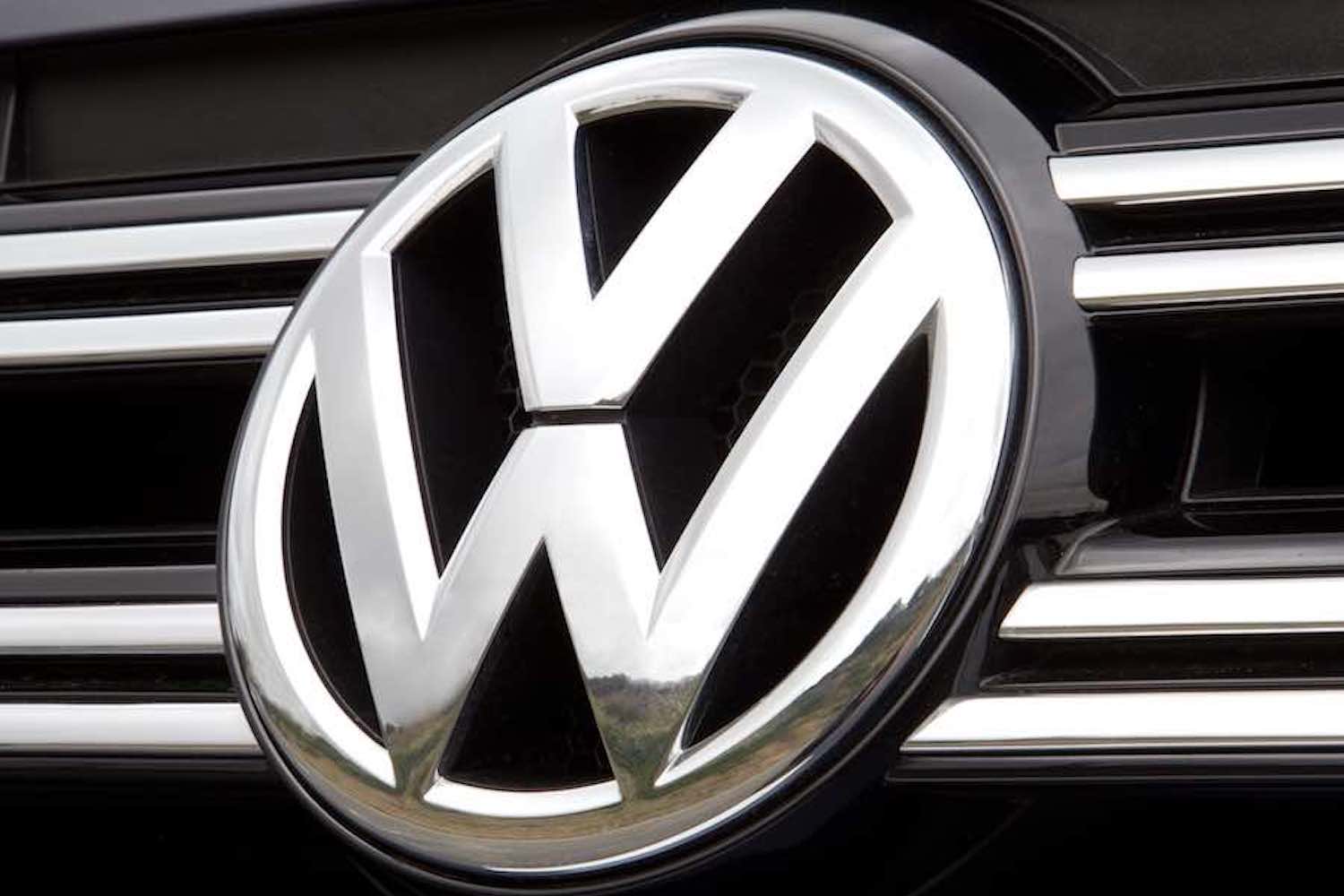Volkswagen is promising that its next-generation of electric cars, based on a new platform currently code-named 'Project Trinity', will be 'time machines', able to give free time back to busy commuters.
More time to work, or for family time
"Trinity is going to be a time machine," said Volkswagen brand boss Dr. Ralf Brandstatter. "Trinity gives people time, and takes away the stress. So, after a long motorway drive for example, they are relaxed when they arrive at their destination. You're being driven. You're being chauffeured, in fact. You switch on the system when you enter the motorway, and then the system will take over, and let you know when you need to leave the motorway. During that time in between you can communicate with work, or relax, even play with your children. It's quality time, truly, and Trinity will make that available by 2030, for many people not just for a select few. Trinity is about launching new technologies in large volumes for the mainstream market."
Initially, according to Brandstatter, Trinity-based cars will come with 'Level 2' autonomy - pretty much what many cars have now, systems such as radar-guided cruise control and lane-keeping steering - but will ramp up to 'Level 4' pretty quickly. Level 4, in theory, gives drivers the option of going both hands-off and eyes-off for longer stretches.
Software is the key
The Trinity project is largely about software - and Volkswagen is working in tandem with Audi's Project Artemis on this - and is as much about creating a future-proof software base for infotainment and autonomous driving functions as it is about creating a new, physical platform.
Mind you, it is also a proper, physical platform too - Volkswagen is promising a flat-floor and flexible wheelbase, and by standardising the components across as many models as possible, Volkswagen says that the cost of building an electric car will come down significantly. As well as eventually creating replacements for the likes of the ID.3 and ID.4, Trinity should allow Volkswagen to expand its EV tech downwards, into Polo-sized-and-priced arenas.
Trinity should also come with more rapid charging options. Volkswagen spoke of making recharging feel like refuelling, and given that the brand has recently announced a breakthrough in solid-state battery tech, that seems likely to play a significant part in plans for Project Trinity. That would also chime with Volkswagen's promise to make the new platform as light as possible - solid-state batteries are smaller and lighter for a given power output than current lithium-ion batteries.
Volkswagen won't go full-electric by 2030
What Volkswagen didn't promise - unlike recent pronouncements from Ford and Jaguar Land Rover - is to go fully electric in Europe by 2030. Instead, Brandstatter promised that VW's European sales would be 70 per cent fully electric by that date, as Volkswagen clearly feels that there's some life in the internal combustion engine yet - most likely in range-extender and plug-in hybrid forms.
"We've developed a very good basis for the future," said Brandstatter. "Volkswagen will accelerate in digital and electro-mobility. I'm looking forward to turning this vision into a reality for the VW brand."

